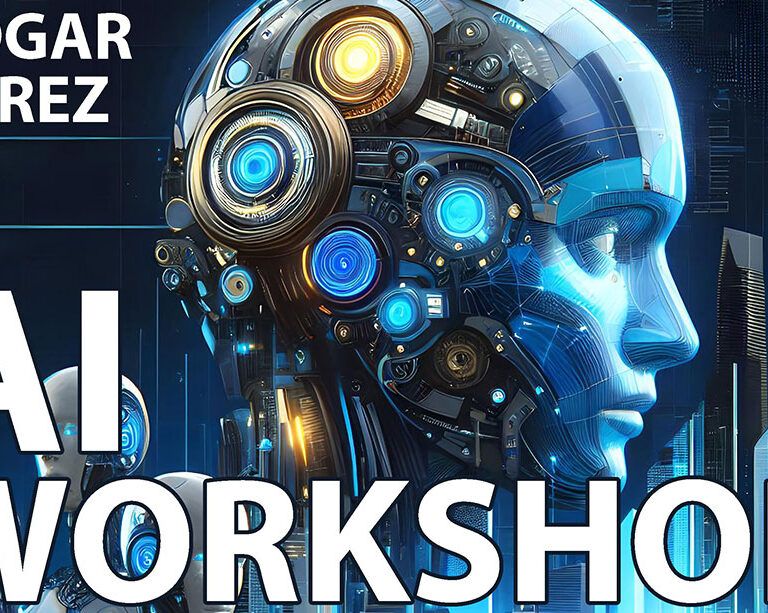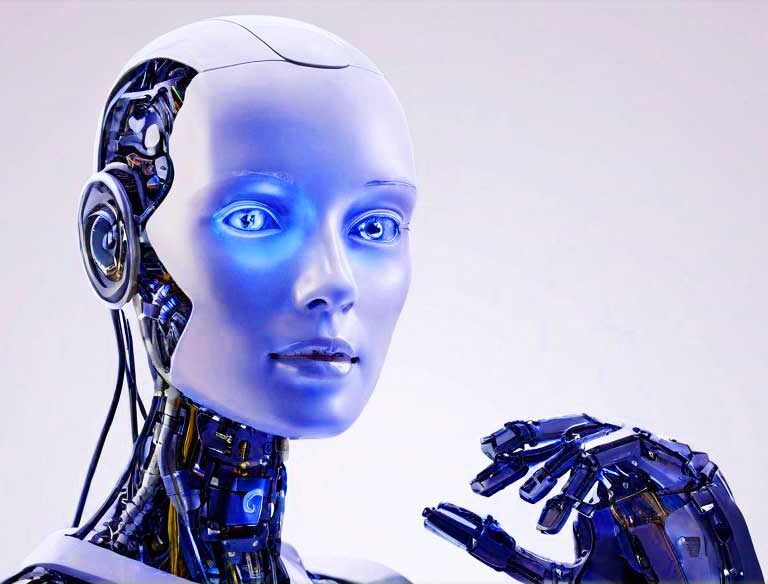The world of artificial intelligence has witnessed tremendous growth in recent years, with intelligent chatbots being at the forefront of this revolution. These AI-powered conversational agents have transformed the way businesses interact with their customers, providing personalized support, answering queries, and even helping with transactions.

However, the development and deployment of these chatbots have been largely dominated by tech giants, with many proprietary solutions being out of reach for smaller organizations and individuals. That is, until the recent open-source deployment of Meta‘s Llama 3.1.
In a recent interview at SPC-SF, Mark Zuckerberg, Meta’s CEO, revealed that the decision to open-source Llama 3.1 was not driven by altruism, but rather by a shrewd business strategy. This move has sent ripples throughout the AI community, sparking a debate about the merits of open-source versus closed-source chatbot solutions.
Closed-Source vs. Open-Source Chatbots: Understanding the Difference
Closed-source chatbots are proprietary solutions developed and owned by companies, where the underlying code and technology are not publicly accessible. These chatbots are often expensive, limited in their customization options, and can be inflexible in their integration with other systems.
On the other hand, open-source chatbots, like Llama 3.1, make their underlying weights and specifications publicly available, allowing developers to modify, customize, and extend the platform to suit their specific needs.
The Importance of Open-Source Chatbots in the AI Ecosystem
Open-source chatbots are a vital component of the AI ecosystem, as they democratize access to AI technology, enabling smaller organizations, startups, and individuals to develop and deploy conversational agents that rival those of larger corporations. This democratization leads to a proliferation of innovative applications, as developers can build upon and extend existing open-source solutions, creating new use cases and industries.
Moreover, open-source chatbots facilitate collaboration, knowledge-sharing, and community-driven development, accelerating the pace of innovation in the field. By making the underlying code and technology publicly available, open-source chatbots also promote transparency, accountability, and security, as developers can scrutinize and audit the code for potential vulnerabilities.
Llama 3.1: Bringing Innovation to the Masses
Llama 3.1, Meta’s latest open-source chatbot, represents a significant milestone in the democratization of AI technology. This advanced conversational agent boasts state-of-the-art natural language processing (NLP) capabilities, enabling it to understand and respond to complex queries with remarkable accuracy.
By open-sourcing Llama 3.1, Meta has empowered developers to build upon and extend the platform, creating new applications, integrations, and services that were previously unimaginable. This move has also sparked a wave of innovation, as researchers, startups, and established companies can now leverage Llama 3.1’s advanced capabilities to develop novel solutions.
Zuckerberg’s Rationale: How Open-Sourcing Llama 3.1 Will Help Meta
So, why did Zuckerberg decide to open-source Llama 3.1? The answer lies in Meta’s strategic vision to create a thriving ecosystem around its AI technology. By open-sourcing Llama 3.1, Meta aims to:
- Accelerate innovation: By making Llama 3.1’s technology publicly available, Meta encourages developers to build upon and extend the platform, creating new applications and services that will drive innovation in the field.
- Improve the platform: Open-sourcing Llama 3.1 allows Meta to tap into the collective expertise of the developer community, receiving feedback, bug reports, and contributions that will help refine and improve the platform.
- Drive adoption: By making Llama 3.1 widely available, Meta increases the chances of its technology being adopted by a broader range of organizations and individuals, ultimately driving demand for its other products and services.
- Enhance its AI capabilities: The open-source model enables Meta to attract top talent from the developer community, who will contribute to the development of Llama 3.1 and other AI projects, further enhancing Meta’s AI capabilities.
The Never-ending Open-Source Debate
Open source software refers to programs whose source code is 100% available for inspection, modification, and distribution. Meta doesn’t fully explain where they got the data to train Llama 3.1. True open-source projects usually share this information.
The lack of transparency regarding Llama 3.1’s training data poses potential legal and ethical risks for businesses, as they cannot fully assess potential copyright issues, the model’s biases, or compliance with data protection regulations across different geographies.
While it is welcome news that Meta has dropped some use restrictions around Llama 3.1, it still restricts which companies can use the software. According to the new license, it wouldn’t qualify as open source. If Apache HTTP Server were released under this license, Meta could use it, but companies like Amazon, Google, and Microsoft could not. That’s not 100% open source.
No doubt having free access to an open-source model that outperforms some of the best closed-source ones available today on selected benchmarks is an impressive contribution to the community; let’s make sure the AI future is more open than closed.
Join the AI Revolution: An Invitation to CEOs and Business Leaders
As the world becomes increasingly reliant on AI technology, it is essential for business leaders to understand the opportunities and challenges presented by intelligent chatbots. To stay ahead of the curve, I am inviting CEOs and business leaders to join my Artificial Intelligence Workshop for the 21st Century, a comprehensive program that explores the latest AI trends, technologies, and strategies.
With workshops scheduled in major cities worldwide, including Beijing, San Francisco, Helsinki, Munich, Las Vegas, Dubai, Hong Kong, Singapore, Abu Dhabi, New York City, London, Riyadh, Doha, Austin and Vancouver, this is an unparalleled opportunity to learn the latest in the field and network with like-minded professionals.
Don’t miss this chance to transform your organization and unlock the full potential of AI. Join me on this journey into the future of artificial intelligence.










